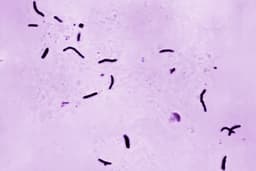Home / Health / Women Who Eat More Ultra-Processed Foods Face Higher Bowel Cancer Risk
Women Who Eat More Ultra-Processed Foods Face Higher Bowel Cancer Risk
13 Nov
Summary
- Women with high UPF consumption 45% more likely to develop early-onset adenomas
- Typical UPF-heavy diet includes processed foods like cereal, sandwiches, and frozen meals
- Experts say diet plays key role in early bowel changes linked to cancer risk

According to a study published in JAMA Oncology on November 13, 2025, women who consume high amounts of ultra-processed foods (UPFs) are at significantly higher risk of developing a growth in the bowel called an adenoma. These growths, while not cancerous, can develop into bowel cancer over time.
The study examined data on thousands of US nurses tracked from 1991 to 2015. It found that women with the highest UPF intake, around 9.9 servings per day, were 45% more likely to have these early-onset adenomas compared to those with the lowest UPF consumption of 3.3 servings per day. A typical UPF-heavy diet could include processed breakfast foods, supermarket sandwiches, crisps, frozen meals, and sugary snacks.
Experts say this research provides important insights into how diet may influence the early stages of bowel cancer development. With rising rates of bowel cancer among younger adults, understanding potential dietary factors is crucial. The study authors suggest improving overall dietary quality could help mitigate the increasing burden of early-onset colorectal cancer.



